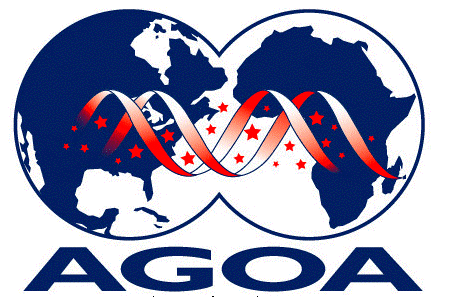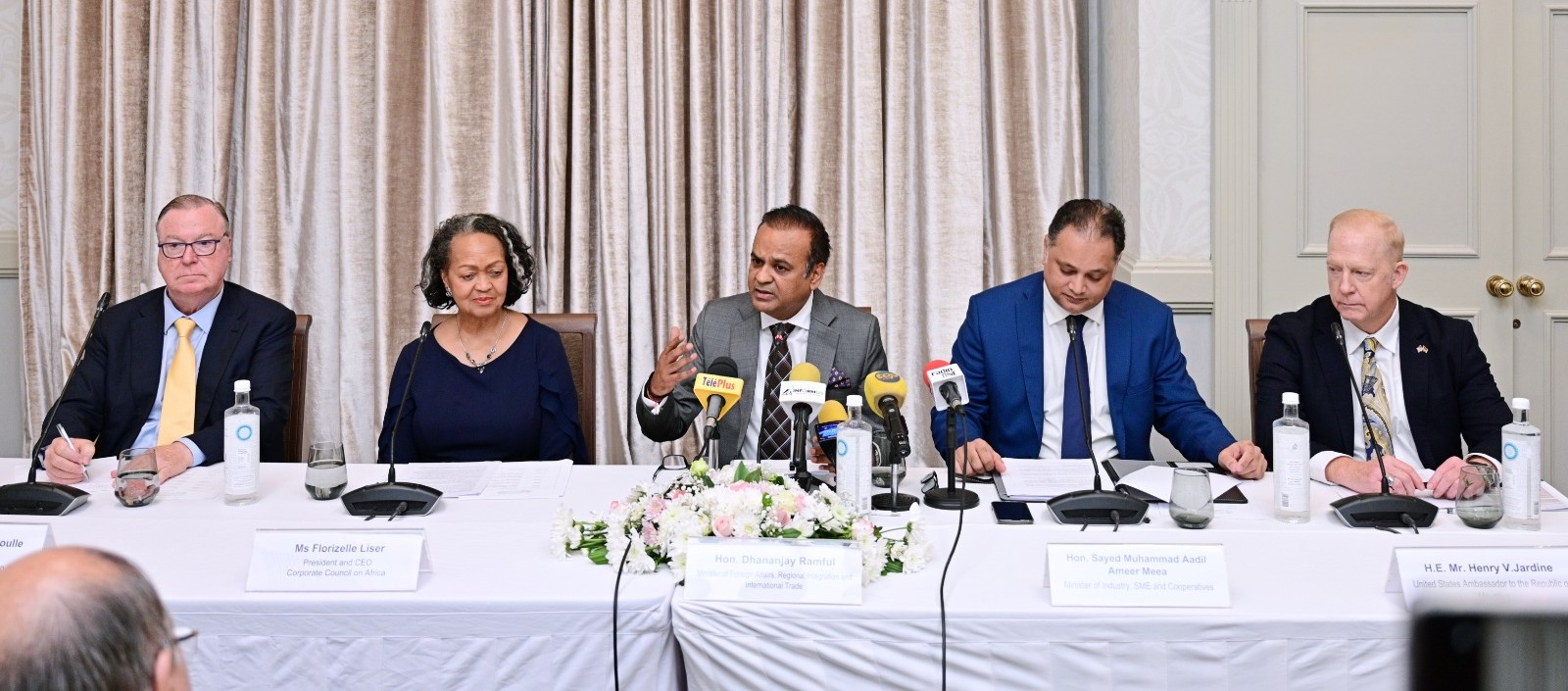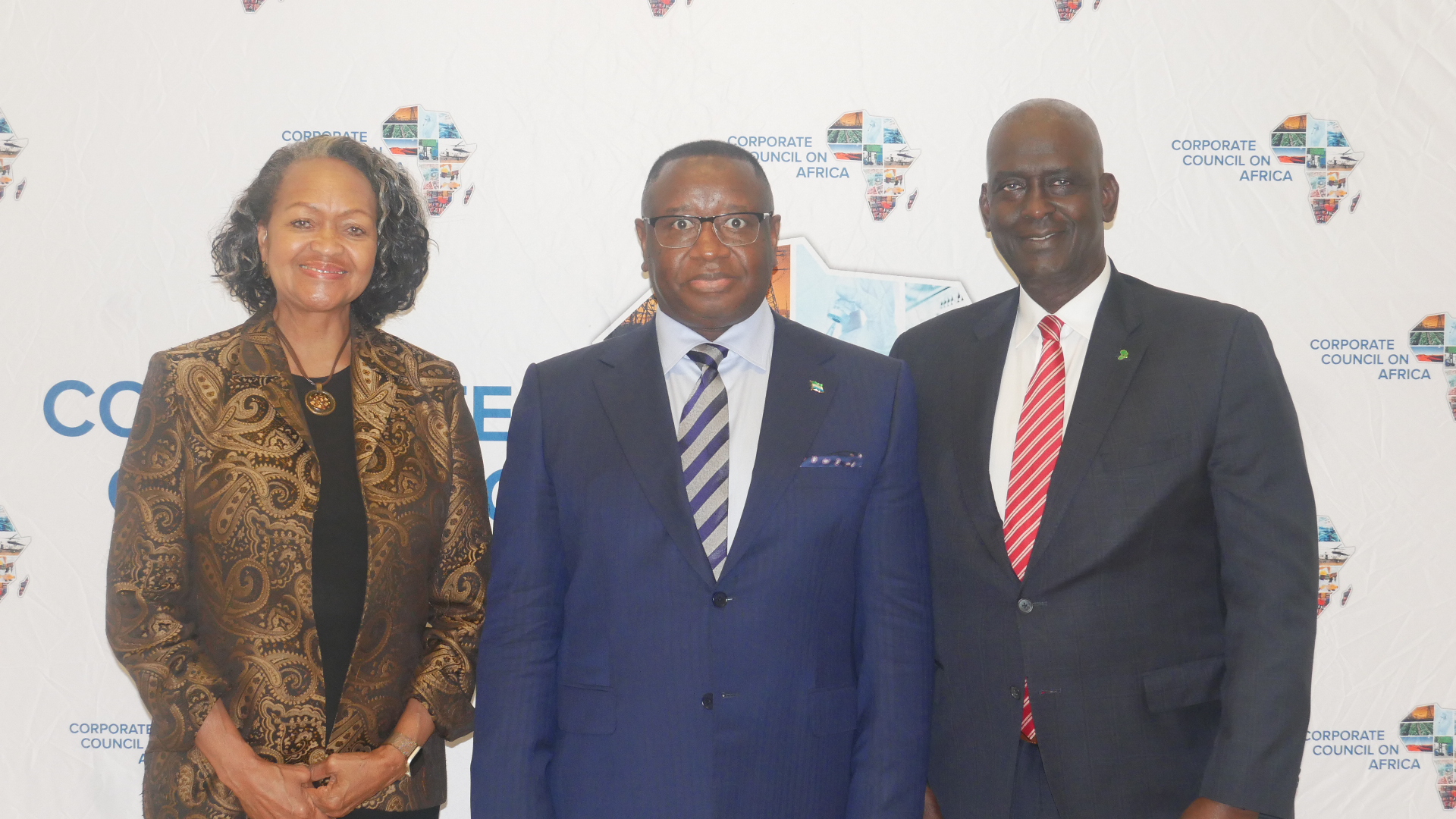U.S.-Africa Business Summit 2024: High-Level Dialogue: Strengthening Health Systems in Africa

On Tuesday, May 7th, the high-level dialogue on “Strengthening Health Systems in Africa” convened a panel of global leaders from the public and private sectors to explore sustainable strategies for enhancing health infrastructure across the continent. Dr. Jeffrey L. Sturchio, representing the Corporate Council on Africa (CCA) Board of Directors, opened the session by underscoring the necessity of multi-sector collaboration to address persistent public health challenges in Africa. H.E. President José Maria Neves, President of Cabo Verde highlighted his country’s achievements in meeting Millennium Development Goals, particularly in hospital construction and infant care improvements. He advocated for a shift in focus from infectious diseases to non-communicable diseases (NCDs) and stressed the importance of local manufacturing of medicines and medical equipment to bolster health security. President Neves called for robust private sector involvement and the adoption of innovative technologies such as telemedicine and drone delivery systems to achieve these objectives. Ambassador Dr. John Nkengasong, U.S. GlobalAIDS Coordinator, participated via video conference and outlined PEPFAR’s success in expanding HIV/AIDS testing, treatment, and healthcare worker training across Africa. He emphasized that such achievements depend on strong health systems and urged for renewed political leadership, financial commitments, and comprehensive, multisectoral approaches to improve health infrastructure. Ambassador Nkengasong also mentioned PEPFAR’s willingness to purchase locally manufactured tests when possible. Emily Kaine from U.S. Pharmacopeia discussed the potential impact of the African Continental Free Trade Area (AfCFTA) and the African Medicines Agency’s (AMA) regulatory harmonization efforts. She noted that reducing trade barriers could enable scalable and profitable local manufacturing, fostering technological innovation and cross-sector partnerships. Dr. Allan Pamba of Roche Diagnostics drew inspiration from the mobilization against HIV/AIDS in the 1990s, suggesting a similar acceleration is needed for current health challenges. He emphasized the necessity for African health systems to become more efficient and sustainable, with less government interference in private healthcare delivery and the implementation of universal insurance schemes. Emma Andrews, Pfizer’s Vice President of Global Patient Advocacy, discussed Pfizer’s extensive programs and partnerships in Africa, including their vaccine delivery efforts with GAVI. She highlighted the need to reduce barriers to intra-African trade to facilitate quicker distribution of treatments and vaccines across borders. The panelists collectively highlighted the continent’s potential and the importance of political will, openness, and partnerships in accelerating progress toward public health targets. The session underscored a common interest in innovative service delivery and collaborative solutions to health challenges in Africa.



